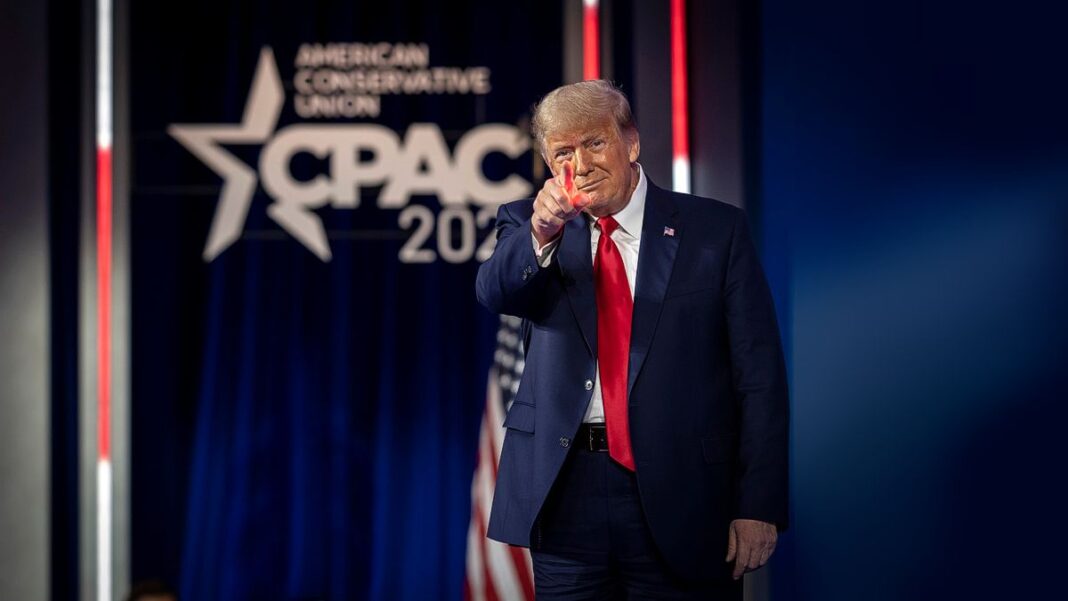The recent financial sanctions imposed on Russia for its invasion of Ukraine are threatening to weaken the dominance of the U.S. petrodollar as the world currency, said First Deputy Managing Director Gita Gopinath of the International Monetary Fund (IMF) to The Financial Times.
The sanctions may result in a more fragmented international monetary system, warned Gopinath.
She had previously said that the sanctions against Russia would not foreshadow the demise of the dollar as the world’s reserve currency and that the Ukraine crisis would slow growth, but not cause a global recession.
The United States, the EU, and the Group of Seven nations have hit Russia with a bundle of heavy sanctions and blocked the country from using SWIFT, the global communications service that clears international financial transactions, virtually cutting it off from the global financial markets and international trade.
The United States also froze $630 billion in assets held in international reserves by the Russian Central Bank.
The Russian government is retaliating by demanding payment in rubles or gold for purchases of energy and other important commodities.
“If they want to buy, let them pay either in hard currency, and this is gold for us, or pay as it is convenient for us, this is the national currency,” said the head of Russia’s energy committee, Pavel Zavalny.
The United States and the UK have imposed embargoes on Russian energy exports, but the EU, which is more reliant on energy imports, is more reluctant to ban it.
The new policy has hit the EU the hardest, sending gas prices on the continent up by 30 percent on March 30.
Meanwhile, the ruble has since risen to a three-week high past 95 against the dollar after the Moscow Stock Exchange reopened after the initial round of sanctions.
Zavalny has suggested that buyers from countries friendly to Russia, such as China, could pay in their own fiat currencies or in Bitcoin.
Russia had been planning for years to reduce its dependence on the petrodollar since the United States imposed sanctions in retaliation for its annexation of Crimea in 2014.
By Bryan Jung







